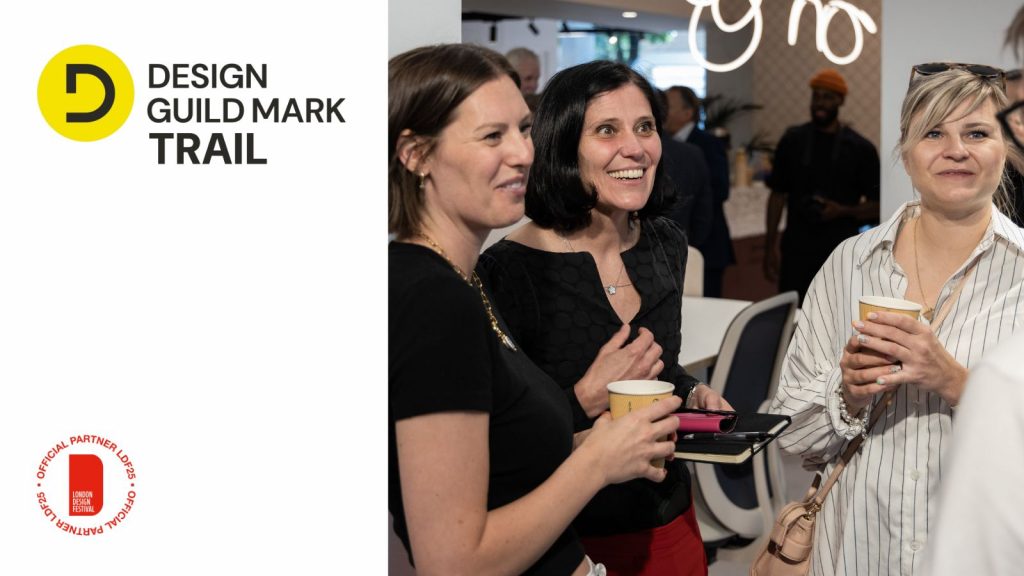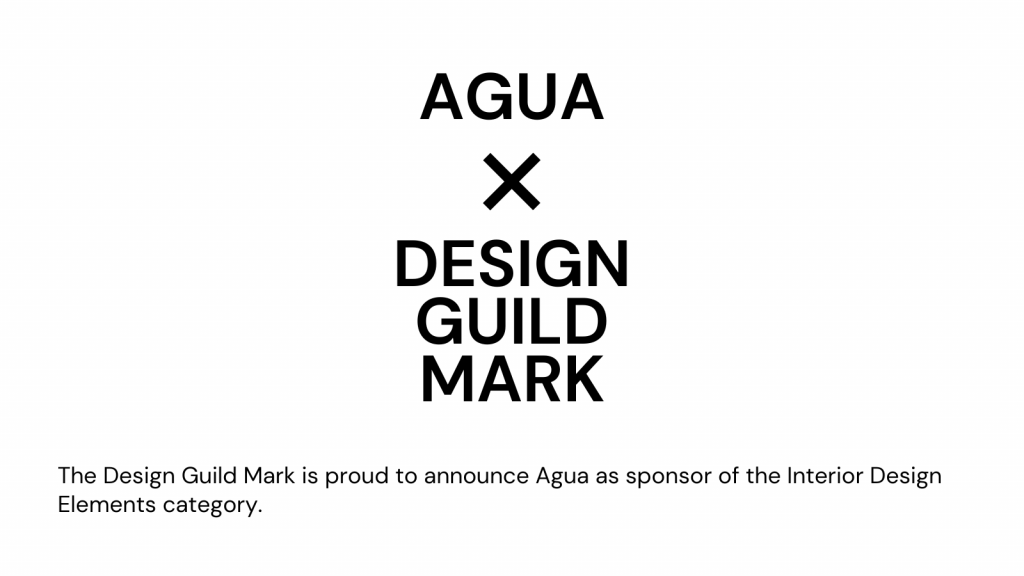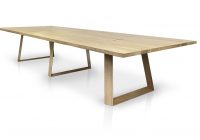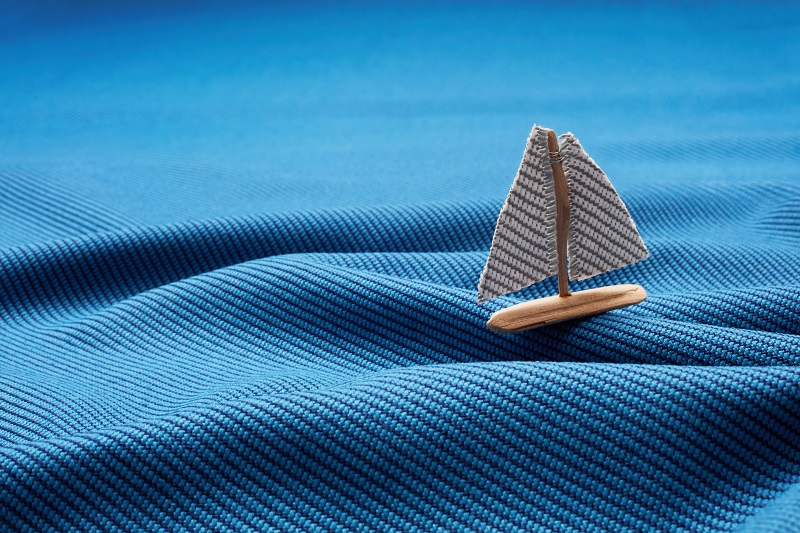
The eyes of the world are currently focussed on Glasgow and the COP26 summit, as leaders from around the globe have convened to talk about environmental progress respective counties have made and what actions need to be taken to turnaround the climate crisis that we’re sleepwalking into.
We all have a part to play in preventing climate change and it first comes in the form of educating ourselves on how we can live more sustainably.
Like many sectors, the furnishing industry has a significant part to play in addressing how it can be part of the solution instead of the problem. Incidentally, Design Guild Mark judge Daniel Hopwood recently was a panellist on a webinar, organised by The Furniture Makers’ Company, that explored what the sector already is and should be doing. The webinar, ‘Targeting carbon reduction – expectations for the furnishing industry’ can be viewed on YouTube.
Sustainability has been one of the eight criteria that the Design Guild Mark judges use when assessing excellence on judging day since the award’s inception, so we’ve compiled a review of six eco-friendly Design Guild Mark holders that are promoting green thinking.
DGM 200 AXYL by Benjamin Hubert/Layer for Allermuir
The AXYL collection is part of Layer’s commitment to working with companies to lower their impact on the environment with engaging but responsible new products. The recycled aluminium in the Y-frame of the chairs uses just 5% of the energy required to create new aluminium and offers significant cost savings; the chair shells, stool tops and café table tops are available in a variety of low-impact materials, including recycled wood fibre, reclaimed timber and recycled nylon, offering an efficient method of re-using waste product from the furniture industry.
DGM 209 Silicastone by Alasdair Bremner & David Binns for Panaz
Silicastone is an eco-architectural material made from 100% recycled post-consumer glass and pre-consumer vitrified ceramic that has marked a paradigm shift in sustainable architectural surfaces. Manufactured in England, Silicastone can be used for interiors and exteriors applications including wall tiles, furniture, tabletops or as solid surfaces. Alusid was born out of an academic research project led by Professor David Binns and Dr Alasdair Bremner, originally funded by the Arts and Humanities Research Council (AHRC).
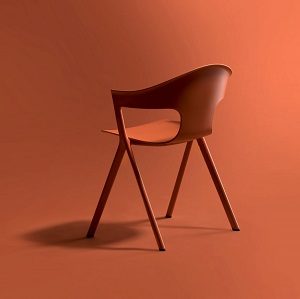
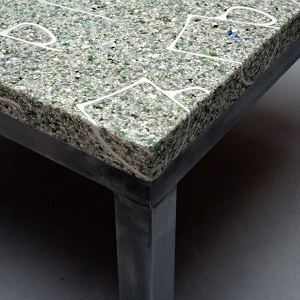
DGM 227 Mosaico for Another Brand
Mosaico solid wood tiles are a new surface material from ‘Surfaces by Another Brand‘, made from 100% recycled wood re-purposed from off cuts of wood from the furniture manufacturing process. Each title is made from solid wood and features its own organic and unique grain pattern as well as a tactile finished surface. The tiles are durable as well as water and stain-resistant, giving free reign to use this high-quality solid wood in a variety of interior spaces.
DGM 230 That’s Caffeine by Atticus Durnell
That’s Caffeine is a unique material created from recycled coffee grounds that would have been destined for landfill. Handmade in London, That’s Caffeine feels and look like granite stone, and because it’s a composite of bio binders, minerals and plant-based resin, it’s lightweight as well as being sustainable and biodegradable.
DGM 231 Artistic Liberties designed by Claire Kimble and Helen Lloyd for Milliken
Artistic Liberties is a daring carpet tile collection designed for Milliken and made in the UK using 100% regenerated nylon. It combines post-punk and street art influences with historic and classical references that make traditional design contemporary and outspoken. There are multitudinous possibilities for amalgamations of five designs.
DGM 258 Oceanic by Jodie Padgett for Camira
Oceanic is a fabric born of the SEAQUAL Initiative designed to combat marine plastic pollution and achieve a waste free environment. It is created entirely from post-consumer recycled plastic – from debris floating discarded in our seas, used to make SEAQUAL yarn, to bottles thrown away and destined for landfill. One small drop in the mission to clean both the earth and its ocean, this contemporary fabric is a recycled polyester with a purpose
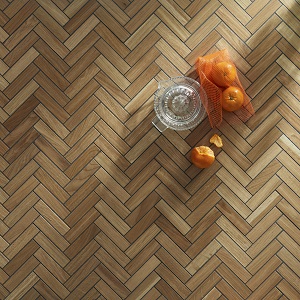
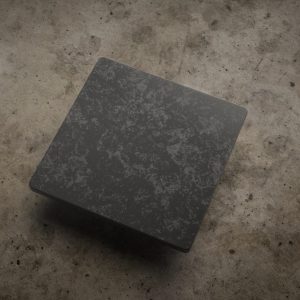
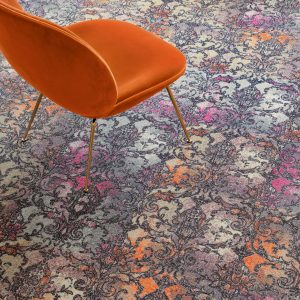
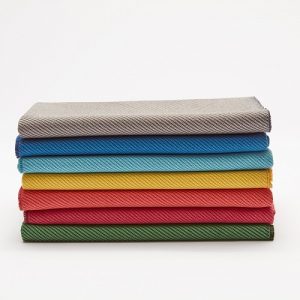
If you have a design that you’d like to put forward for the 2022 Design Guild Mark, don’t miss the early bird deadline – 26 November 2021.


